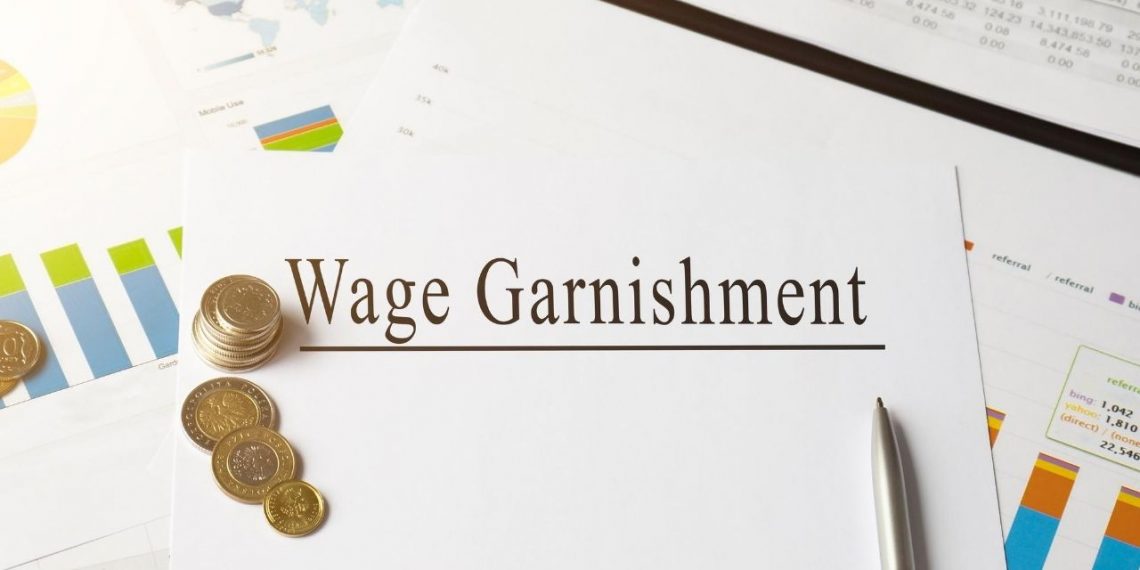Whenever you take a loan from a creditor, may it be a bank or a hospital, you are responsible for paying it back. In case when you are unable to pay back the money you owe, the creditors have the right to Garnishment. Your bank accounts or properties may be prone to Garnishment if you are unable to settle the debt.
There are ways to stop the Garnishment. Dove Law Firm shared some tips on how to stop the wage garnishment in Texas. The debt can be due to unpaid student loans, unpaid taxes, or domestic support obligations. However, the best way to end the Garnishment is to agree with the creditor.
You have to discuss the situation and reach an agreement, at which point you agree to make monthly payments to settle the debt. But if you are not capable of paying the monthly payments, then your properties have to be garnished to pay off the creditors. If you are unable to pay the monthly payment that the creditor is requesting, then the agreement is not available, and your bank or property will suffer garnishment.
In Texas, when a creditor has a judgment against you (even for credit cards or medical bills), the creditor has a right to garnish your bank account. In such cases, the court files a writ of garnishment or notice of Garnishment. The creditor sends the writ to the bank, and the account of the debtor is frozen.
To avoid frozen accounts, one has to check whether the funds in the report are exempt from Garnishment. Like, if the funds are student loans, the fund will be exempt from Garnishment.
You can also file for bankruptcy. Once you file for bankruptcy, you are protected by the ‘automatic stay.’ But the debtor has to notify the garnishor of the bankruptcy filing. It is crucial to inform the garnishor of the filing before the funds or account is garnished.


